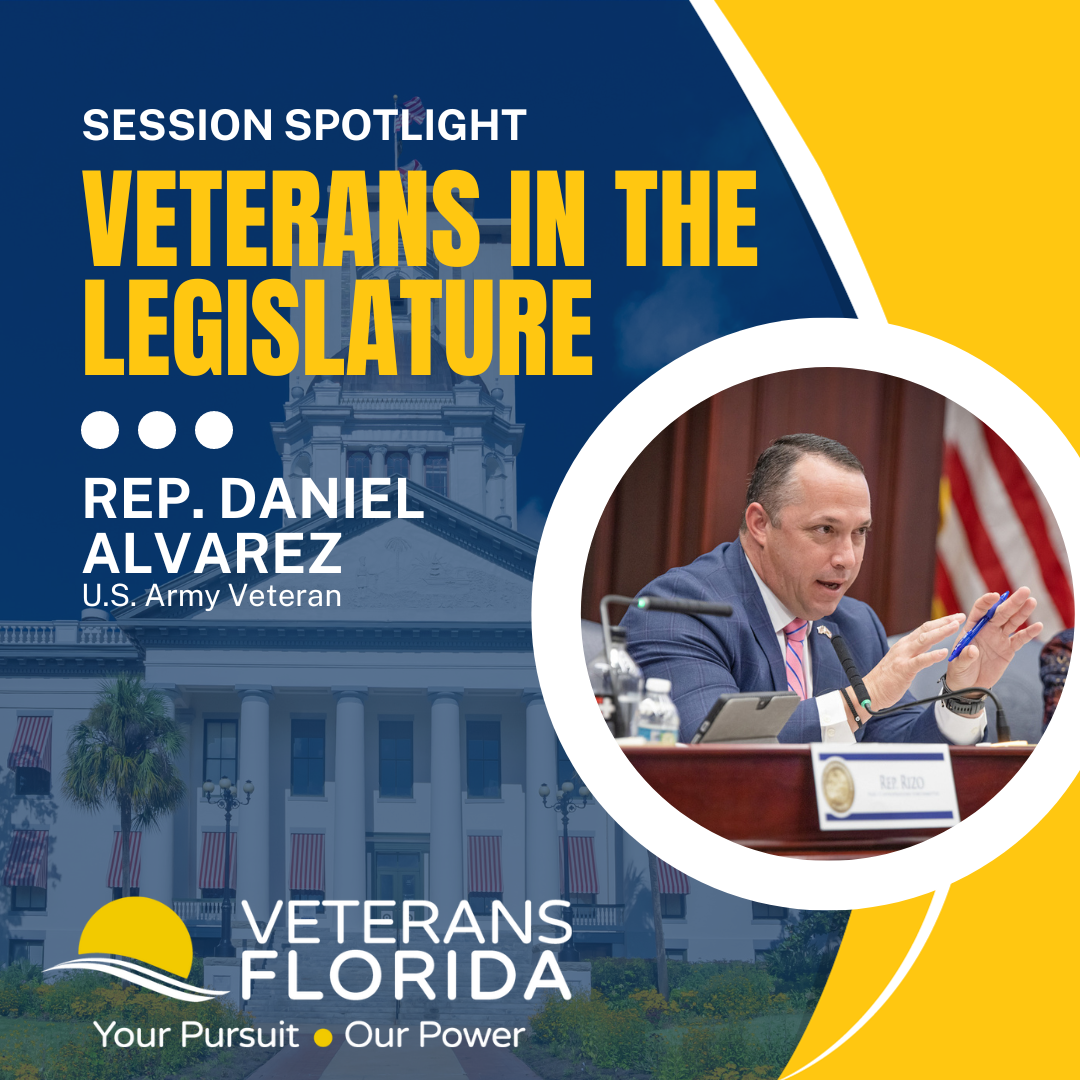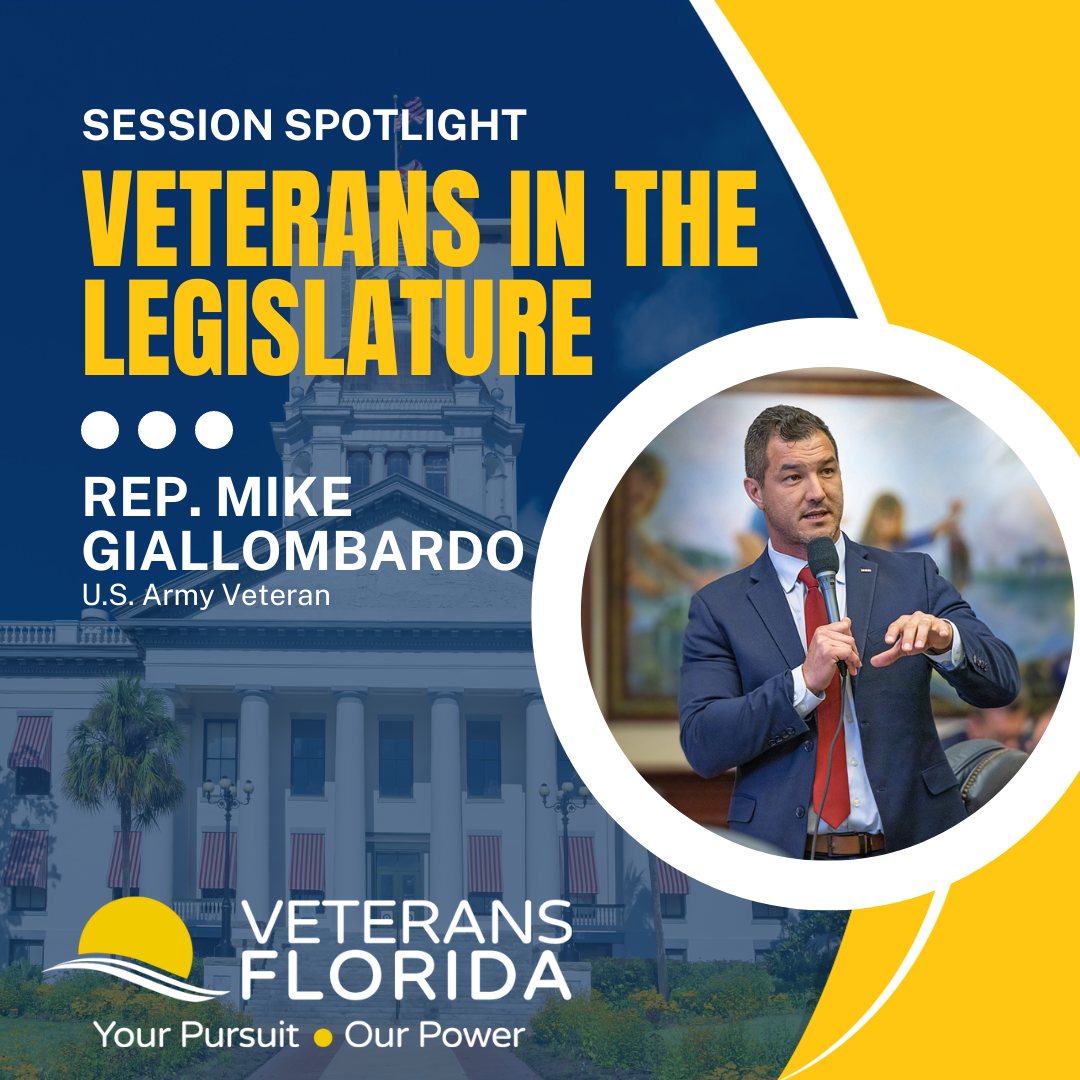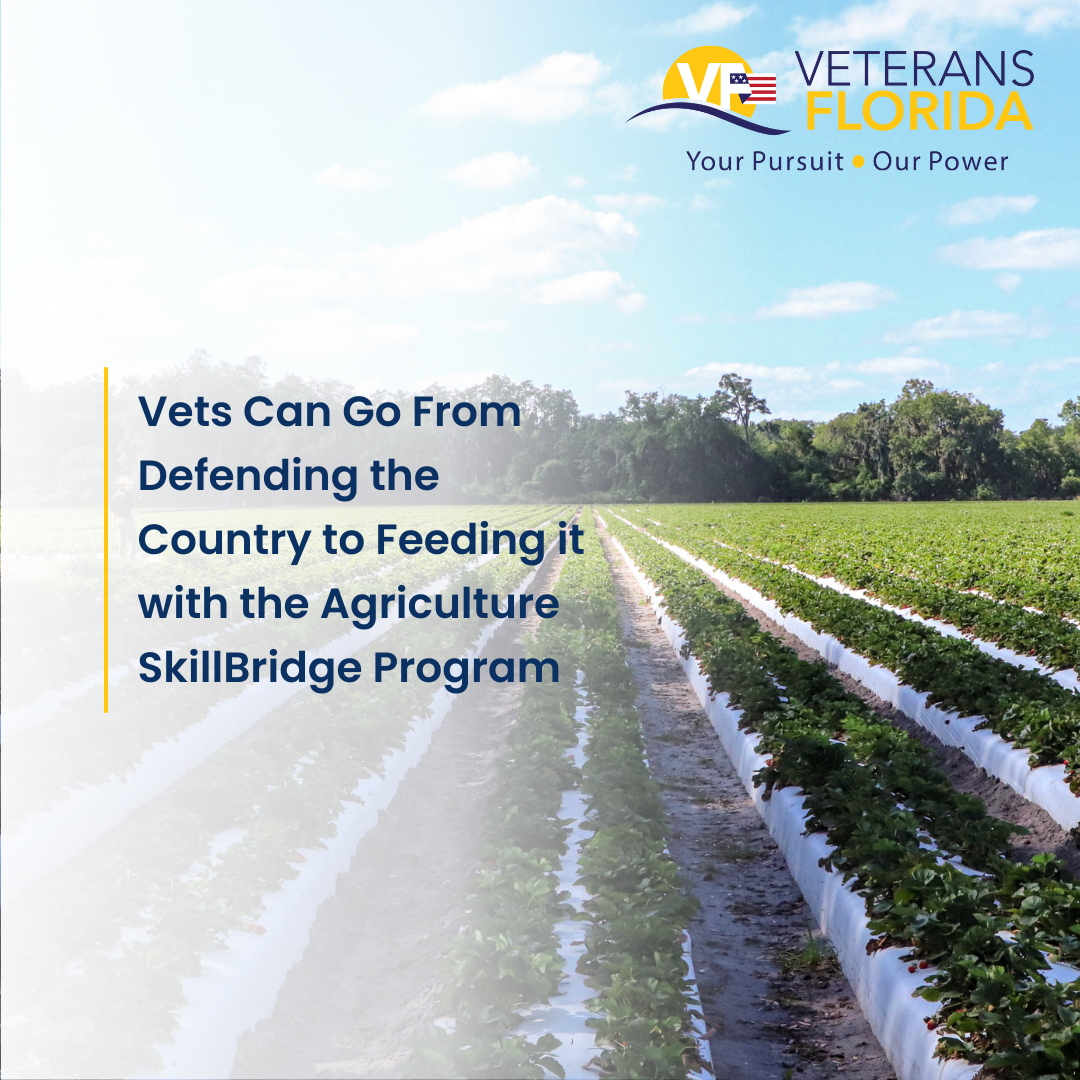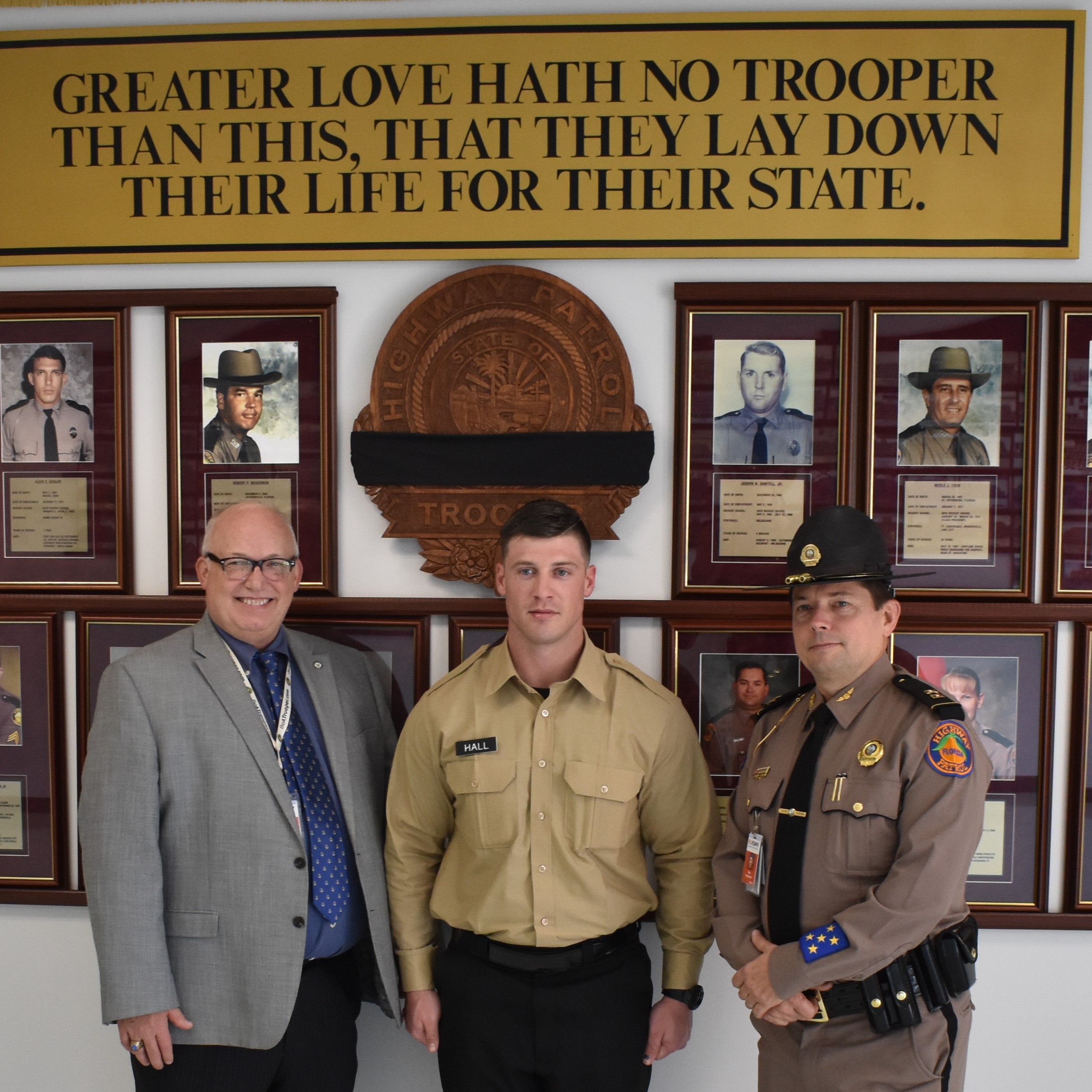There are a lot of reasons why it’s a great time to be a veteran looking for a career in Florida. Our economy keeps growing, industries like tech and aerospace are booming, and Veterans Florida has a full-time staff dedicated to placing veterans in careers.
Job interviews are tough enough as it is, but veterans often face their own challenges. The environment is often different, civilians don’t always understand military terminology, and many veterans just haven’t interviewed before. That’s why we’ve put together this guide for succeeding in your next interview.
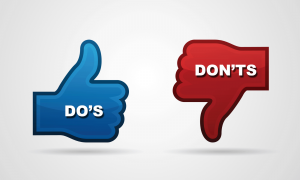
Do’s
1. Research the organization and the interviewers and look for common interests.
2. Be prepared to answer these standard questions:
-
-
- Talk about yourself. (This is a quick summary of your education, work history and specific professional achievements – not an autobiography)
-
-
-
- What interests you about this job?
-
-
-
- How would your military skills translate to this job?
-
- How would your military experience help you succeed in this job?
-
Also be prepared to discuss gaps in work history or address possible questions about your qualifications in a positive manner. Maybe you haven’t worked with a specific piece of software, but you’re well-versed in something very similar.
3. Use the STAR method when talking about your background or experience: Have specific personal achievements ready to talk about while answering interview questions, even if the interviewer asks a generalized question.
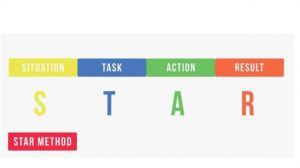 S: Situation – what was the challenge you were facing
S: Situation – what was the challenge you were facing
T: Task – what needed to be accomplished
A: Action – what was your or your team’s actions to achieve the task Have questions to ask the interviewers.
R: Result – what was a specific, measurable result of your action
4. Have questions to ask the interviewers.
-
- Ask about the people. Example: Who are the main people that this position interacts with?
-
- Ask about the process. Example: What is the sales cycle?
-
- Ask about the product. Example: How do you listen to customer feedback once they have purchased the product or service?
5. For phone interviews, be in a quiet place with good cell service. If you’re interviewing in-person arrive, early to allow time for parking and finding the location.
6. Bring pen and paper, extra copies of your resume, and any relevant work samples.
7. Be attentive and take notes when the interviewer is answering your questions.
8. Project confidence and be yourself. If you’re not a cultural fit during the interview, you definitely don’t want to spend 40 hours a week there.
9. Ask for business cards and send thank you emails within 24 hours. A handwritten note to the address listed on the business card will make an even stronger impression. Use this as an opportunity to reinforce 1-2 key points and mention something that they said to show that you were paying attention.
Don’t
- Over-share or try to go beyond the scope of the original question; only answer the question that was asked.
- Speak badly about previous employers or supervisors.
- Make jokes, swear, or bring up controversial subjects such as politics.
- Ask about pay or benefits during the first interview. You can do this later in the process.
- Overuse “sir” or “ma’am.” Civilians aren’t used to being addressed like that.
These are basic best practices. A quick google search will reveal hundreds of more in-depth or industry-specific resources. If you haven’t landed an interview yet, check out our Veterans Career Services where you can browse open jobs, get in touch with one of our Veteran Employment Specialists, and view our Resume Guide.

